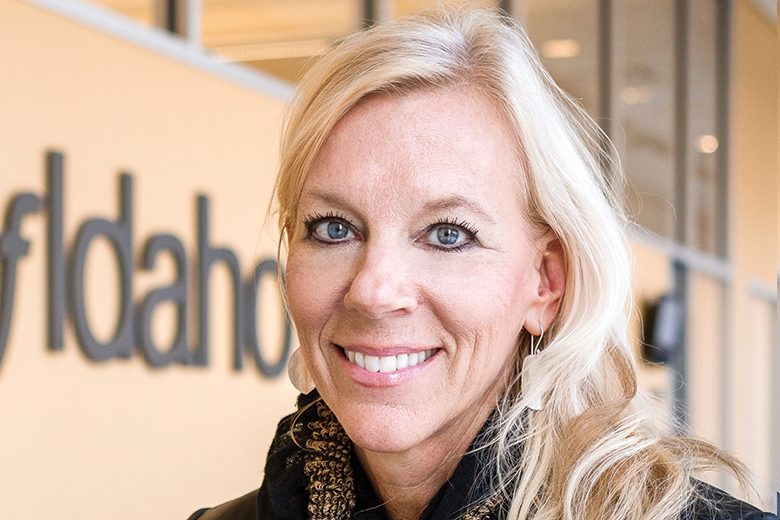
When SeAnne Safaii was in high school, a coach gave her poor nutrition information, which ultimately hurt her athletic performance. That experience, she says, eventually led to a career in dietetics. "That bad experience was inspirational to me — I am passionate about getting accurate, evidence-based nutrition information out to the public." And when Safaii says the public, she really means the world. She and a team of innovators at the University of Idaho, where she is an assistant professor, have been developing a virtual world in Second Life® for young adults with diabetes. "Virtual reality goes beyond just imagination," Safaii says. "It can have a long-lasting effect on how a person behaves and, in this case, makes food choices."
Tell us about your work and how it fulfills a need in your community.
Diabetic young adults are the highest risk group because they tend to fall off the grid as they transition from pediatric care to adult care. They have an extremely difficult time trying to manage their diabetes and often feel isolated and alone without much support.
Given the increase in the incidence of diabetes and its complications, I wanted to focus my research on something to educate and engage young adults. Using a virtual world combines the trendiness of social media with the fun of gaming. Anyone with diabetes or wanting to learn more about diabetes can enter our virtual world. We have a virtual kitchen where diabetes-friendly recipes can be made virtually and then transferred into the real-life kitchen. We also have a dining-out area, which includes a restaurant with menus from popular restaurants and a buffet. Avatars select meals and these are rated against their diabetes meal plan. They get rewards and badges for meeting their goals for calories and carbohydrates. We have had nothing but positive feedback on the world.
How has your work made a difference in your community?
I think we have all read about the negatives of video gaming … the good news is, it is a powerful force when influencing behavior. Now we just need to turn this around and use video gaming and virtual worlds in a positive way. As health care practitioners, think about all of the wonderful things we can do in these virtual worlds that can help our patients and make the world a better place.
Looking ahead, how would you like to see your project develop or grow?
There is so much untapped potential here. Dietitians could develop virtual shopping tours, virtual lectures, virtual one-on-one counseling sessions … the educational opportunities are endless. I would like to see us sponsor some virtual public forums and events with celebrity or athlete speakers who have diabetes. So much we can do…..so little time!
